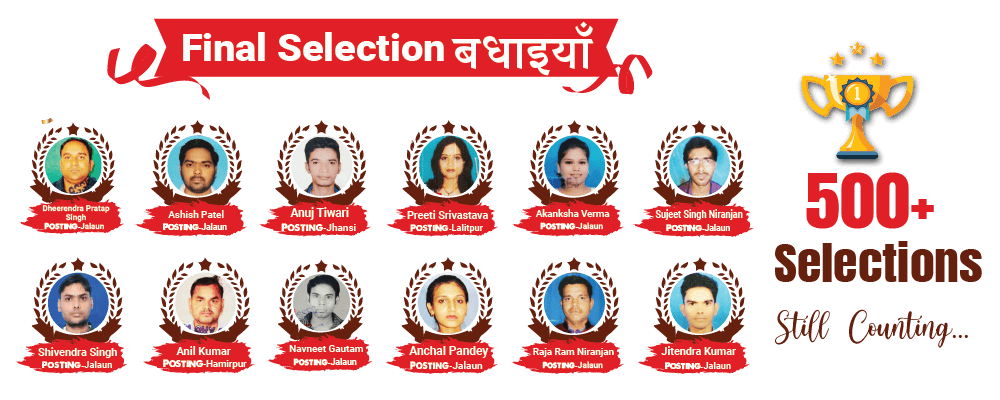21 January, 2026
21 January, 2026
15 December, 2025
08 December, 2025
15 November, 2025
15 November, 2025
10 November, 2025
13 October, 2025
28 September, 2025
23 September, 2025
22 September, 2025
Classes by best faculty at your home.
Exam oriented & updated Study material.
Regular Self & Mock Tests for Self evaluation.
One to one personal mentorship.
Availability of Offline/Online Test Series

An indispensable Classroom Program Taken by the Veterans of their Respective Subjects.

Fundamental course for Teacher eligibility exams. Conceptual classes, test series & updated content.

Courses for all Bank exams with conceptual classes & Test Series. Best Faculty & updated content.

A foundational course for all Government exam aspirants. Complete coverage of 6th-12th NCERT Books.
We are committed to quality and integrity, and strongly believe the success of our students depends greatly on the competence and attitude of our experts. At Galaxy Classes, we always value and encourage diversity. If you feel that you have the right mindset, passion and dedication, do contact us.
To become a part of Galaxy Classes Team. Please send your resume to hr@galaxyclasses.co.in
532, Ramlal Kapoor Marg, Opposite Signature View Apartment, Mukherjee Nagar
Delhi - 110009
Student Care: +91 7042496042, 8010447711
Enquiry: info@galaxyclasses.co.in,
533/1, Royal Chamber, Main, Kapoorthala Chauraha, Mahanagar Extension, Lucknow, Uttar Pradesh 226024
Lucknow - 226024
Student Care: +91 7235808541,
Enquiry: galaxykapoorthala@gmail.com
49, Shakuntalam, Karmer Road,Rajendra Nagar, Orai-285001
Orai - 285001
Student Care: +91 7235808597, 7235808598
Enquiry: galaxyclassesorai@gmail.com








